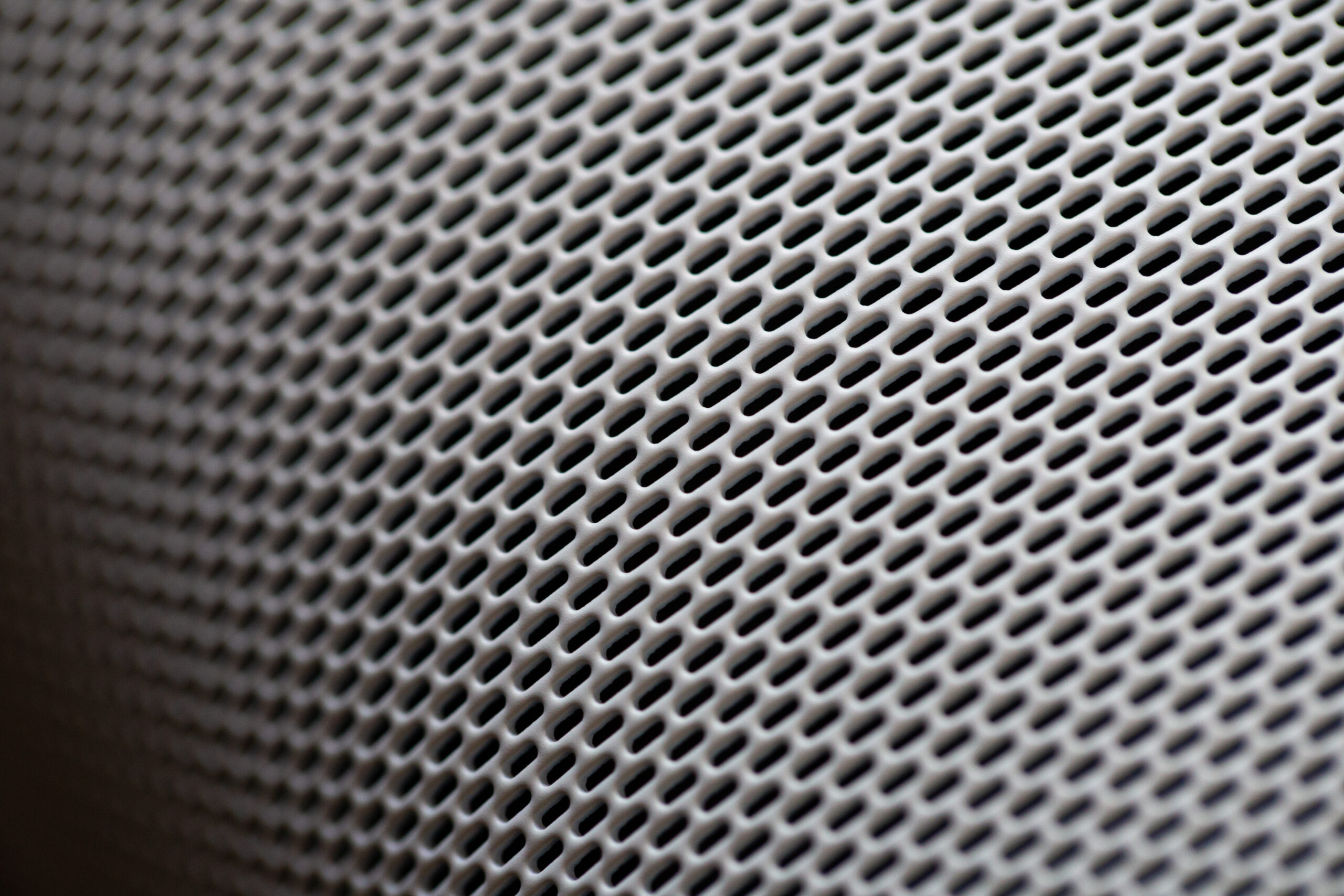Professional Grease Trap Waste Management Solutions Near You
Do you realize the concealed dangers in your eatery’s grease trap? It’s more than a minor issue; ignoring correct oil trap disposal can severely influence your culinary area and business. In an sector where complying with regional rules and ensuring hygiene is critical, regular grease interceptor cleaning is vital. By choosing professional oil trap cleaning, fats, oils, and grease (FOG) are effectively removed. This not only lengthens the durability of your culinary plumbing but also ensures a tidier environment for your team.
Allocating funds for these measures boosts your business efficiency and shields your enterprise from heavy fines. Learn how these professional solutions can be a transformative for your operation.
Grasping Grease Trap Disposal Services
Fat trap disposal measures are essential for the effectiveness and security of restaurant kitchens. These solutions focus on servicing fat trap cleaning. They are crucial for catching lipids, oily substances, and oils (FOG) before they get into the sewage network. Being aware of how these solutions operate assists restaurants adhere to standards and function properly.
What is a Oil Trap?
A oil trap is a wastewater management tool that captures and stores FOG from sewage in restaurant kitchens. It prevents these harmful substances from obstructing pipes and entering wastewater systems. This reduces the possibility of costly plumbing problems and environmental issues. Maintaining oil interceptors involves eliminating all the fat to keep them working well.
Need for Routine Removal
Consistently eliminating fat from traps is essential for efficient functioning. If fat accumulates, it can result in:
- Clogged drainage networks
- Poor kitchen hygiene
- Likely fines for violations
Maintaining the FOG amount below 25% is essential. This provides the setup works right and preserves the ecology.
Advantages of Specialized Measures
Expert oil trap management measures offer many benefits:
- Guarantees adherence with hygiene standards
- Minimizes the possibility of drainage issues
- Extends the lifespan of culinary tools
With dependable servicing, restaurants can concentrate on excellent service. They can avoid concerns about plumbing problems or fees.
| Component | Significance | Advantages |
|---|---|---|
| Regular Maintenance | Stops pipe and drain issues | Long-lasting equipment |
| Specialized Maintenance | Meets health standards | Prevents penalties |
| Conformance | Adheres to local regulations | Improved kitchen reputation |
Commercial Kitchen Waste Disposal and Grease Management
Effective waste disposal is key to a restaurant kitchen’s seamless running. Fats, oily substances, and grease (FOG) are important elements of food service waste, posing significant issues if not managed correctly. It’s vital to understand the impact of FOG and embrace proper methods for oil control to maintain an effective culinary workspace.
How Fats, Oils, and Fat (FOG) Affect Your Cooking Area
FOG introduces numerous challenges in cooking areas. Improper removal can lead to clogged drains, causing blockages that interrupt functions. These problems result in expensive corrections and downtime for operations. Regular assessment of waste disposal methods is essential to avert such issues. Ignoring proper FOG removal can lead to major problems over time.
Strategies for Proper Waste Handling
Embracing efficient waste handling approaches can significantly improve kitchen efficiency. Explore these methods:
-
Removing Food from Plates: Eliminate leftover food from dishes before washing to minimize FOG reach the plumbing.
-
Employing Sifters: Use strainers in drains to capture food debris, stopping it from mixing with liquids.
-
Grease Interceptors: Based on the kitchen layout, fat traps can significantly minimize grease reach the sewer lines.
Services like Fat Trap Cleaning Service deliver tailored plans for restaurant kitchen waste removal and FOG management, enhancing kitchen functionality. By emphasizing these approaches, restaurants can reduce the challenges related to FOG and maintain a sanitary culinary workspace.
| Method | Explanation | Advantages |
|---|---|---|
| Dish Cleaning | Clearing plates of food residue before cleaning | Limits fat in drains, stopping backups |
| Basin Sifters | Installing filters to trap food debris in drains | Minimizes solid waste contributing to FOG buildup |
| Fat Traps | Employing tools to catch fat before the drainage system | Meets regional guidelines and cuts upkeep fees |
Choosing the Most Suitable Grease Trap Disposal Solutions
When choosing oil trap removal solutions, it’s essential to assess several aspects for the optimal selection. Evaluating the standing and experience of service providers significantly influences the standard of service. Firms adept at local regulations compliance ensure your operation remains compliant.
Aspects to Review When Hiring Professionals
Choosing specialists for grease trap disposal can be complex. Before making a decision, review these factors:
-
Expertise: Look for providers with a proven history.
-
Customer Reviews: Opinions from former users assist gauge satisfaction levels.
-
Technology and Equipment: Ensure the provider employs advanced, efficient equipment.
-
Reaction Time: Choose providers renowned for prompt and reliable service.
-
Fee Disclosure: Verify honest fees to eliminate hidden fees.
Reputation and Experience of Companies
The reputation of service providers is vital in your choice. A well-regarded company often signifies reliable grease trap management measures. Examining online reviews and seeking recommendations can lead you to dependable firms. Businesses with a proven history and favorable user testimonials typically exhibit reliable service.
Local Regulations and Compliance
It’s vital to know regional rules about grease trap management. These rules vary greatly and non-compliance can result in severe fees for your business. Confirm the firm is knowledgeable about these rules and consistently adheres to them. A adherent firm not only protects your operation but also improves its overall reputation.
| Component | Value | Key Indicators |
|---|---|---|
| Experience | Provides reliability and skill | History of operation and sector knowledge |
| Standing | Reflects level of service | Web feedback and customer opinions |
| Regulatory Adherence | Protects business from legal issues | Awareness of regional waste management rules |
| Client Support | Provides seamless dialogue | Availability and responsiveness of the service team |
| Fee Disclosure | Avoids unexpected financial burdens | Honest fees and straightforward pricing |
Grease Trap Care Advice for Restaurants
Thorough food service oil trap maintenance is vital for food service establishments. By implementing precautionary upkeep methods, the lifespan and efficiency of oil traps can be significantly extended. This segment offers advice into maintaining fat traps, identifying danger signals, and creating a maintenance schedule.
Proactive Upkeep Effective Methods
To guarantee oil traps operate optimally, explore these proactive upkeep best practices:
- Frequent servicing aligned with fat trap service frequency.
- Appropriate handling of cooking oils and grease.
- Preventing the entry of culinary debris into drains.
- Regular checks to evaluate system functionality.
Signs Your Grease Trap Needs Attention
Spotting warning signs can avoid expensive fixes and service interruptions. Watch out for:
- Foul odors emanating from the kitchen.
- Sluggish draining in plumbing fixtures and fixtures.
- Evident oil deposits in the vicinity of plumbing or oil traps.
- Frequent backups or obstructions in drainage networks.
Advised Servicing Plan
Setting up a maintenance schedule is vital for effective food service oil trap servicing. Standard suggestions comprise:
| Grease Trap Type | Recommended Service Frequency |
|---|---|
| Small Indoor Traps | Each Month |
| Big Exterior Devices | Quarterly to Biannually |
Adhering to these suggestions will enhance the effectiveness and durability of fat traps in your kitchen. It also ensures conformance with sanitation rules.
Finding Expert Oil Trap Removal Providers Near You
For commercial kitchen operators, locating professional oil trap removal solutions is vital for maintaining hygiene and compliance. Commence with exploring nearby businesses that focus on grease trap and FOG waste disposal. Selecting close companies provides prompt support and compliance with local regulations.
Think about these factors:
-
Dependability: Select companies renowned for dependable service.
-
Environmental Practices: Review the sustainability efforts of potential companies.
-
Conformance: Verify they follow local waste disposal regulations.
Client reviews is crucial. Review testimonials and opinions from other food service businesses. This strategy aids locate reputable grease trap management solutions in your area.
| Company | Service Quality | Eco-Friendly Practices | Conformance to Municipal Guidelines |
|---|---|---|---|
| Oil Trap Management Company | High | Definitely | Regularly |
| Urban Waste Disposal | Moderate | Definitely | Consistent Conformance |
| Green Fat Trap Services | Excellent | Outstanding | Consistently |
By emphasizing local grease trap pumping, operations can provide prompt support. This approach also boosts expert grease management within their operations.
Summary
Effective grease trap removal solutions are crucial for the efficient functioning of commercial kitchens. They provide adherence with municipal guidelines and enhance a safer environment. Regular maintenance and timely disposal avert obstructions and backups, stopping halts and high-cost corrections.
By employing professional oil management providers, establishments can prioritize their primary functions without concerned over cleanliness. Companies that specialize in restaurant waste disposal offer the needed expertise to carry out effective grease disposal methods. This provides that culinary teams operate in a safe workspace. Services like “Oil Trap Management Company” deliver timely interventions, supporting the longevity of plumbing systems and boosting food service operations.
Food service establishments that commit to regular oil trap servicing and select trusted companies reap considerable benefits. A tidier kitchen environment not only enhances food safety but also raises employee morale and client happiness.
Reach Out for Professional Grease Trap Removal Solutions
If your establishment requires trustworthy oil trap management measures, timely help is just a phone call away. Our staff at Grease Trap Pumping Service is focused on offering specialist kitchen waste management customized for your food service’s unique demands. We understand that each establishment is unique, and we take pride in providing tailored services. These solutions guarantee effective waste handling and conformance to municipal guidelines.
Our professional and expert staff is always prepared to assist you in maintaining a sanitary culinary space. Frequent grease trap maintenance enhances your culinary area’s functionality and enhances its sanitation. By selecting our professional culinary waste disposal solutions, you’re investing in the durability of your equipment and the efficient functioning of your business.
Feel free to reach out today to schedule a discussion. Discover the confidence that comes with reliable fat trap management providers, providing your food service kitchen functions effectively and seamlessly. Let us manage your grease management needs, allowing you to prioritize efficiently serving your clients.



